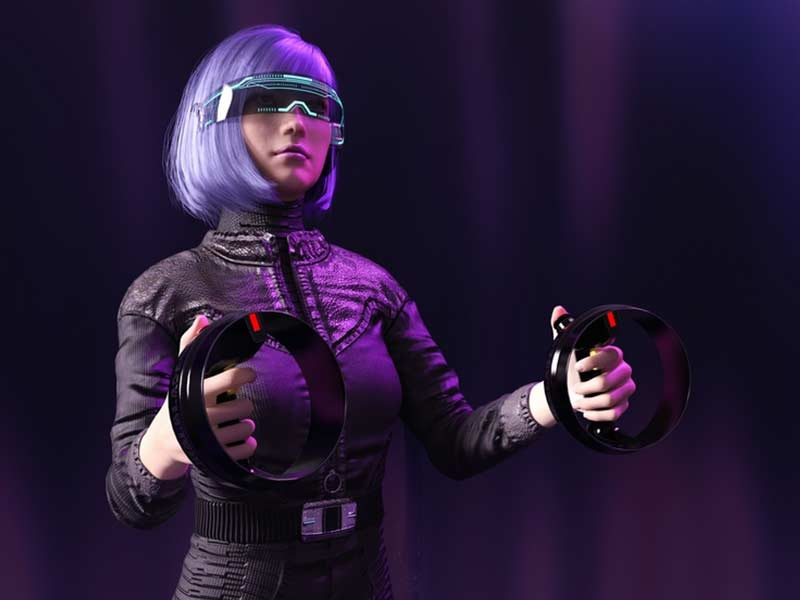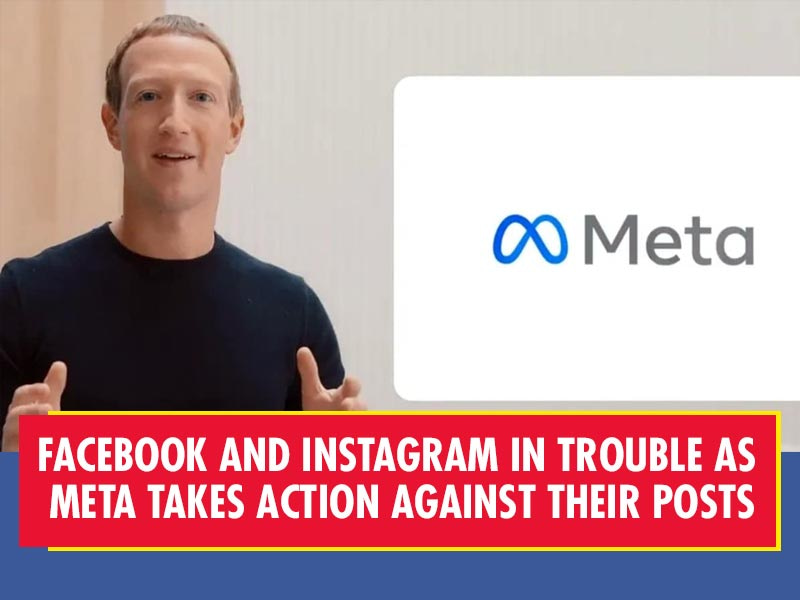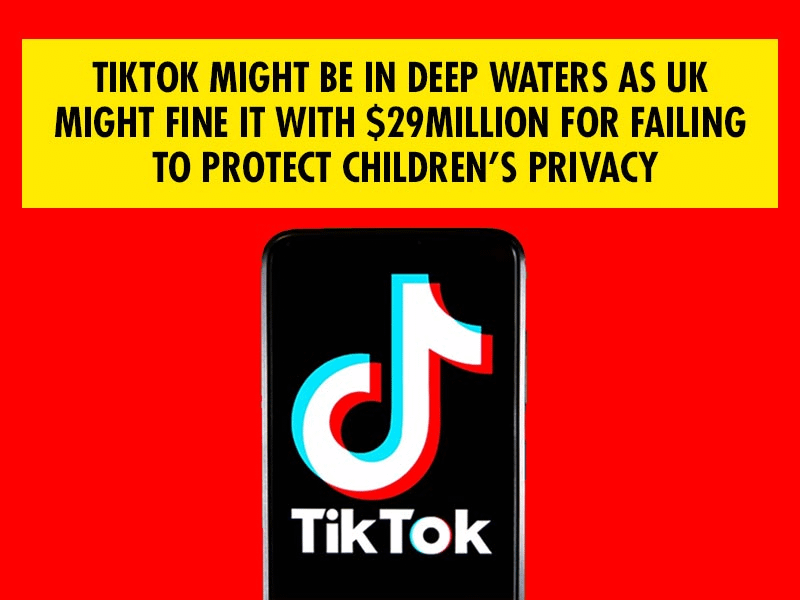
That’s an excellent question. “Metaverse” is now a big term in the realms of technology, business, and finance, and its meaning, like all buzzwords, is hazy, debated, and moulded by the objectives of those who use it. One thing is certain: Neal Stephenson created the phrase in his 1992 novel Snow Crash to describe a virtual world in widespread usage in his envisioned future, a 21st-century dystopia. The metaverse is a virtual-reality universe presented in Snow Crash as a planet-encircling market where virtual real estate can be purchased and sold, and where VR goggle-wearing users inhabit 3D avatars of their own design.
These three aspects — a VR interface, digital ownership, and avatars — are still significant in modern metaverse concepts. However, none of these are necessary to the concept. In basic terms, the metaverse is defined as an aesthetically rich virtual arena with some degree of realism in which people may work, play, shop, socialise — in short, perform the things that humans prefer to do together in real life (or, perhaps more to the point, on the internet).
Proponents of the metaverse frequently emphasise the notion of “presence” as a distinguishing factor: feeling like you’re really there, and that other people are also truly there with you.
In the guise of video games, this version of the metaverse may already exist. However, there is another meaning of the metaverse that goes beyond the virtual worlds we are familiar with. This description does not define the metaverse in any way, but it does explain why everyone believes it is so essential. This term isn’t about a future vision or a new technology. Rather, it looks to the past and to now-commonplace technology such as the internet and cellphones and posits that in order to replace them, the metaverse must be invented.
FACEBOOK AND METAVERSE
The phrase “metaverse” is the newest buzzword to attract the attention of the IT industry, so much so that one of the most well-known online platforms is rebranding to reflect its adoption of the future concept.
The announcement by Facebook CEO Mark Zuckerberg that his company’s name would be changed to Meta Platforms Inc., or Meta for short, maybe the largest event to happen to the metaverse since science fiction writer Neal Stephenson created the word in his 1992 novel “Snow Crash.”
Things include attending a virtual concert, taking an online trip, seeing or creating artwork, and trying on or purchasing digital apparel. The metaverse might also be a game changer for the work-from-home shift in the midst of the coronavirus epidemic. Employees might join coworkers in a virtual workplace instead of viewing them on a video call grid.
Horizon Workrooms, a meeting software for businesses that works with Facebook’s Oculus VR headsets, has received mixed reviews thus far. The headsets cost $300 or more, placing many people out of reach of the metaverse’s most cutting-edge experiences. Users who can afford it will be able to flit between virtual worlds established by different corporations using their avatars.
“A lot of the metaverse experience will revolve around the ability to teleport from one experience to another,” adds Zuckerberg. Tech businesses are still figuring out how to integrate their web platforms. To make it work, rival technological platforms will need to agree on a set of standards so that there aren’t “people in the Facebook metaverse and other people in the Microsoft metaverse,” according to Petrock.
WAHT TO DO WITH METAVERSE
The Metaverse is one of the most rapidly increasing technological areas of our time. According to a 2021 Bloomberg Intelligence research, the Metaverse might provide a business opportunity of approximately $800 billion USD. Despite being at an experimental stage, with just a few platforms available for general use, the Metaverse’s unified virtual environment promises endless options for employment, games, social connections, and money production.
- Real estate acquisition and monetization
Real estate sales are among the most popular use cases for the Metaverse, with people and businesses seeking to be first to market in this arena. Metaverse platforms are separated into land parcels that may be acquired with the environment’s specific cryptocurrency token. After purchasing real estate, you may resell it at a greater price or lease it to a property developer or virtual reality event organiser to monetize it.
- Create scenarios, games, and other virtual reality experiences.
Some Metaverse systems also offer built-in capabilities that allow users to create in VR rather than simply experiencing it passively. Horizon Environments, for example, provides pre-built layouts, audio, physics attributes, forms, and much more to assist users in creating their own VR worlds. This might be a basic “hangout” room for personal usage or a multi-layered gaming experience for several users.
- Avatars that you may customise allow you to express yourself.
“What can you do in the Metaverse?” you might wonder. One of the first responses you will hear is “be anyone you want.” VR avatars, which were popularised by science fiction and are now supported by Metaverse platforms, may be extremely versatile.
- Meet and cooperate with colleagues who are far away.
By transferring the intimacy of in-person interactions into a digital realm, the Metaverse will transform distant work. To some extent, VR systems like Mozilla Hubs already offer this capacity, but the Metaverse takes it a step further by allowing whole workplaces and building complexes to exist in a virtual reality. To collaborate with their peers, users may use collaboration tools such as an endless whiteboard canvas, permanent places, and VR keyboards.
- Make new acquaintances and socialise.
The Metaverse allows you to meet new individuals without having to travel long distances or even leave your house. This may be highly beneficial for people who live in rural areas and have few alternatives for social activities, as well as those with physical limitations. There are a number of Metaverse games that are primarily intended to help people meet and form connections. We’ve even observed an incident when two people married in the Metaverse and were able to invite a big group of people without fear of social alienation.
- Shop for both physical and virtual goods.
The Metaverse enables people to connect with things in ways that e-commerce or online retailers do not allow. One’s avatar may visit a virtual store, wander around the aisles, try on things like as clothing or shoes, and make direct bitcoin payments. Users have the option of purchasing virtual things for their avatars or making a real-world purchase and having the product delivered later.
- Try out virtual reality games.
VR gaming is one of the Metaverse’s key use cases, and it is possible that this is why it was created in the first place. For example, the Sandbox is a collection of games that has progressively evolved into a prominent Metaverse platform. Users can participate in ‘earn-to-play’ activities in addition to playing games for leisure. Bloktopia will have casinos and other games tailored to this use case, with winnings paid to the user’s bitcoin wallet.
- In-game assets can be exchanged for cryptocurrency tokens.
The editing tools available in Metaverse platforms can assist in the creation of in-game assets for sale in a digital marketplace. These items include everything from simple wearables and avatar skins to more complicated weaponry and gameplay aids. The platform enables anybody, including those without specialised design skills, to build and sell assets and participate in the Metaverse market.
- Invest in digital artwork using NFTs.
Art galleries may be created in the Metaverse in the same way that concerts and offices can. Users would be able to examine digital art and buy it as non-fungible tokens here (NFTs). This is a new financial product that gives digital items real-world worth and ownership. NFTs can be resold for a profit, or they can be kept as part of a collection. NFT art is also available outside of the Metaverse (through crypto markets), however the experience is less immersive.
Currently, some, such as Sandbox and Decentraland, are utilising metaverse concepts and providing an early view of how the idea may seem crudely. Apart from games like these, many consider the possibility of socialising events, virtual shopping, and even jobs. Meta, a tech behemoth, has just begun to investigate such possibilities and plans to invest heavily in the next years, focusing on its metaverse project.
Games like Minecraft and Roblox delivered metaverse-like experiences long before blockchain-enabled games like Decentraland and Sandbox existed. Second Life, an online game focused on living in a virtual environment, was released in 2003, and it gave insight into how metaverses may function even before blockchain technology was invented. In addition to the game’s own fungible money, both Sandbox and Decentraland include NFT assets into their environments.
Related Posts

Adani Group Stock Analysis: Is Now the Perfect Time toadmin . October 17, 2023

Facebook and Instagram in Trouble as Meta Takes Action Againstadmin . September 13, 2022

A Former NSA Agent Arrested For Espionage Chargesadmin . October 21, 2022

Olivia Korenberg: The Enigmatic Spouse of Seann William Scottadmin . October 31, 2023

5 Things Elon Musk Wants to Change at Twitteradmin . January 21, 2022

Tiktok Might be in Deep Waters as UK Might Fineadmin . October 10, 2022

U.S. Appeals Court Rejects Big Tech’s Regulate Online Speechadmin . October 6, 2022

Byju’s Plans On Filing Its Audited Financial Reports On Septemberadmin . September 13, 2022

Jim Cramer Advises Investors To Avoid Crypto Or Other Speculativeadmin . September 15, 2022
Latest Posts

Exploring the Best Cash Advance Apps of 2024 April 8, 2024

Top 34 Passive Income Ideas in 2024 March 19, 2024

Top 10 Penny Stocks to Buy Canada 2024 February 23, 2024

Best Canadian Artificial intelligence stocks under $1 2024 February 23, 2024

Top Artificial Intelligence Stocks Canada 2024 February 20, 2024

